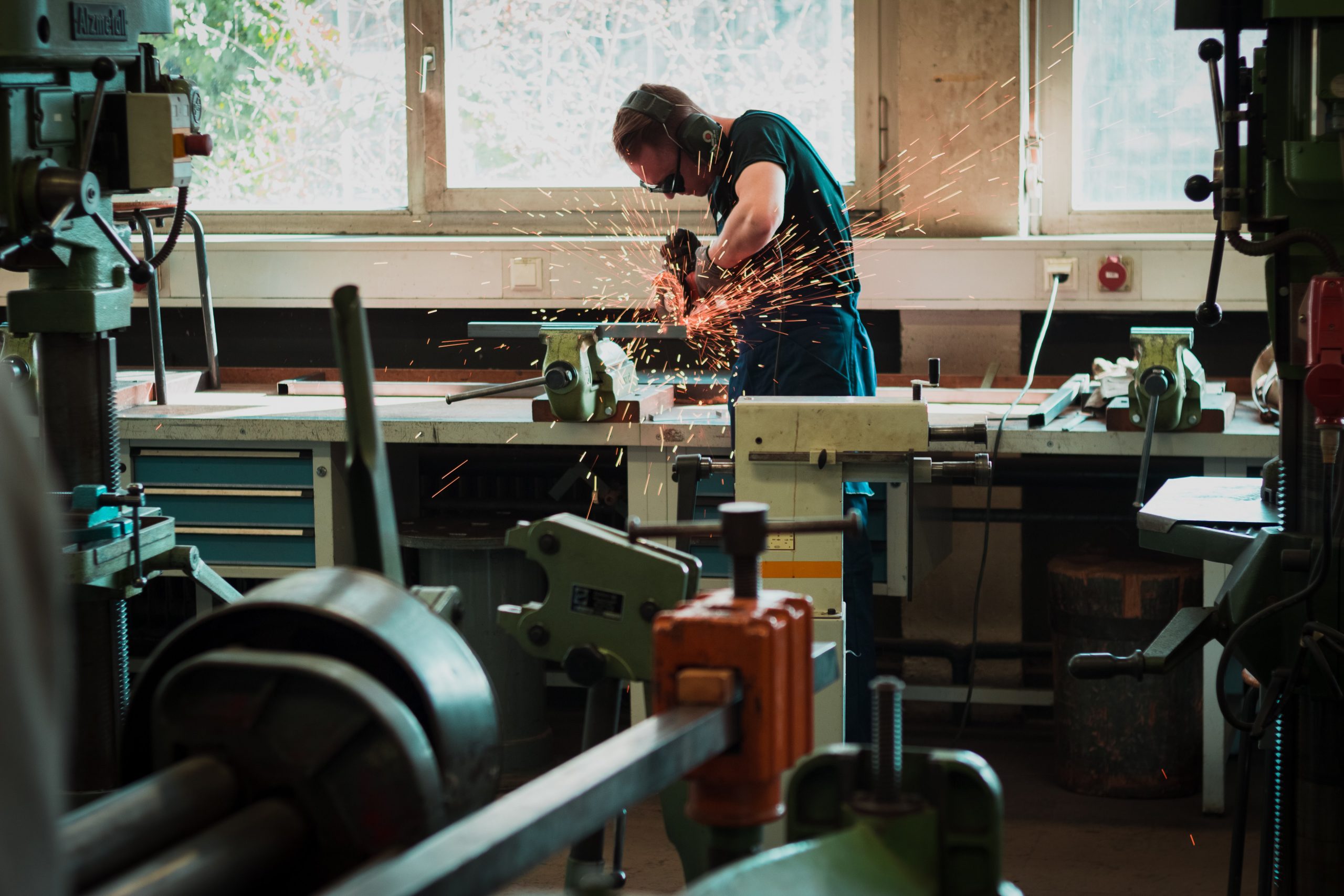
Enabling Federal Agencies to Tackle Complex Problems with the Help of Makers-In-Residence
Summary
Across the U.S., there are approximately 2,000 makerspaces and Fab Labs where makers with a broad and diverse set of skills have developed innovative approaches to solving pressing problems in their communities. The next administration should implement a Maker-In-Residence (MIR) fellowship program that allows federal agencies to leverage the incredible skills and knowledge of the American maker community to address complex problems specific to their missions.
Implementation of the MIR fellowship program would enable American makers and innovators to:
- Contribute their knowledge and unique and diverse skill sets to fulfilling the missions of federal agencies while learning first-hand about federal policy and the policymaking process
- Utilize their learnings to solve complex societal problems and affect policy change in their local communities.
The Federation of American Scientists supports Congress’ ongoing bipartisan efforts to strengthen U.S. leadership with respect to outer space activities.
By preparing credible, bipartisan options now, before the bill becomes law, we can give the Administration a plan that is ready to implement rather than another study that gathers dust.
Even as companies and countries race to adopt AI, the U.S. lacks the capacity to fully characterize the behavior and risks of AI systems and ensure leadership across the AI stack. This gap has direct consequences for Commerce’s core missions.
As states take up AI regulation, they must prioritize transparency and build technical capacity to ensure effective governance and build public trust.